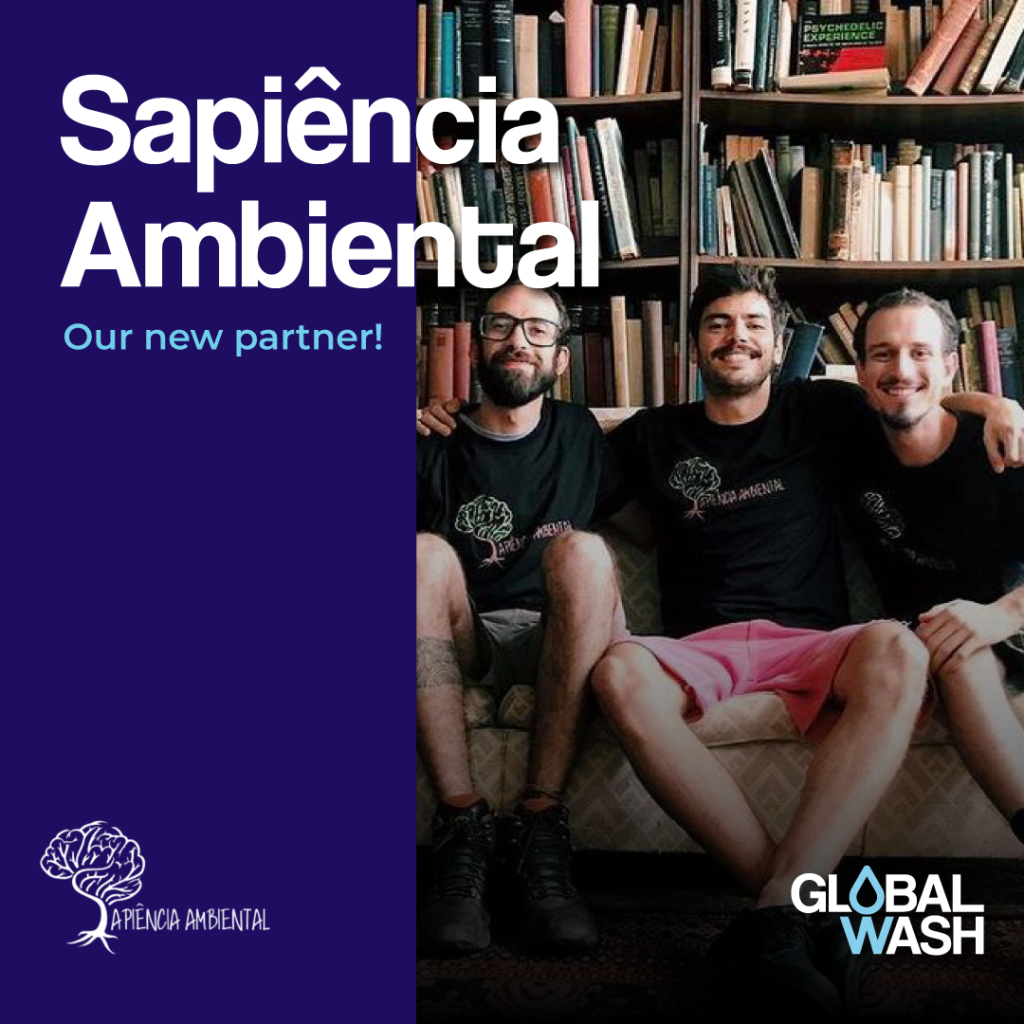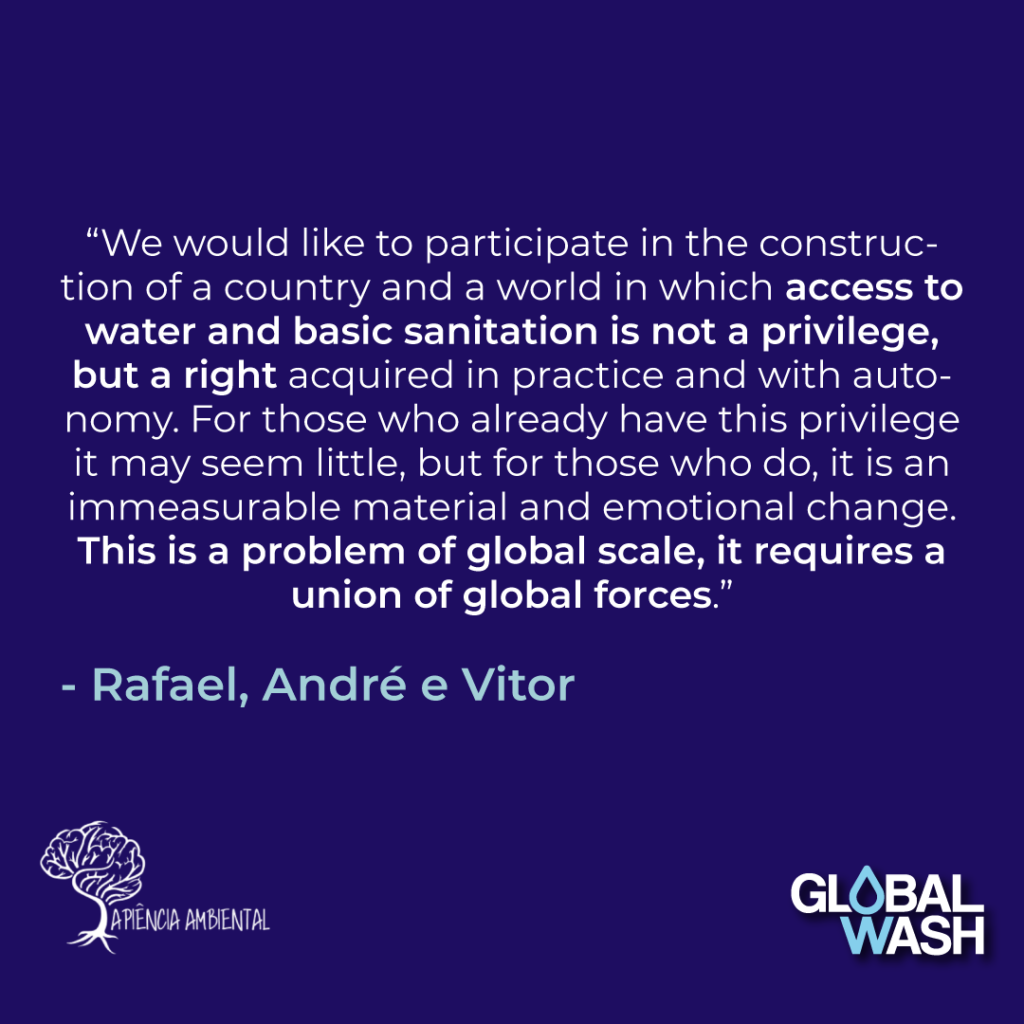São Paulo has an important agriculture pole in its southern rural area that needs protection. This area has remaining fragments of the Atlantic Forest and rivers that are still clean. The southern rural area represents approximately 30% of the municipality area, providing an important role in food production, water supply, natural heritage, and sustainable use of natural resources for the municipality. Therefore, preserving this sensitive ecosystem is crucial. Nowadays, 46% of the Agricultural Production Units (APUs) in this region have inadequate sanitation and 21% do not have garbage collection. These units are located in two important Environmental Protected Areas (EPA), so inadequate sanitation leads to the transmission of diseases, contamination of rivers, less resilience to climate change, and reduction of biodiversity and ecosystem services.

To change this context, our partners from Sapiência Ambiental are working in the area. Sapiência Ambiental is an organization formed by André, Rafael, and Victor, environmental experts who focus on projects that integrate the environment and people. It was established in 2014 as a university extension project to take sanitation and solutions based on nature (SbN) to isolated communities. With the 2015 water crisis in the city of São Paulo, the organization specialized in rainwater harvesting projects. Over the years, it has developed and incorporated other technologies and new pedagogical approaches, expanding its know-how around the sustainable management of water resources, wastewater treatment, reuse, composting, and biodigestion.

The projects implemented by Sapiência Ambiental are innovative as they use social technologies of ecological sanitation through a pedagogical approach, involving locals in decision-making (the place where the system will be, choosing the plants that will go into the system, calling neighbors, and interested parties to participate in the construction). In addition, local participate in the construction process, where the technical drawings are interpreted and building details shared so residents feel safe and empowered to care for and maintain the efficiency of the systems in the long term. The technologies are easy to maintain, as many of the filling materials in the polishing stages of the filters and the marsh plants utilized are found in abundance in domestic areas or the environment. These include square tiles, bamboo, construction debris, river stone, etc. Therefore, the total price of the system is relatively low and makes its replication viable by the residents – who learn from the pedagogical process.
As Global WaSH started its operation in Brazil, we were committed to collaborate with Sapiência Ambiental due to our admiration of their approach of a WaSH intervention, involving all the stakeholders. To collaborate with them, we are developing an evaluation and monitoring processes of their projects aiming to increase sustainability and their potential to scale up. This partnership is very promising, as the members of Sapiência Ambiental expressed:
“We would like to participate in the construction of a country and a world in which access to water and basic sanitation is not a privilege, but a right acquired in practice and with autonomy. For those who already have this privilege, it may seem little, but for those who do, it is an immeasurable material and emotional change. This is a problem of global scale, it requires a union of global forces”
Help us continue our work with Sapiência Ambiental in Brazil!
Click here to support us.
